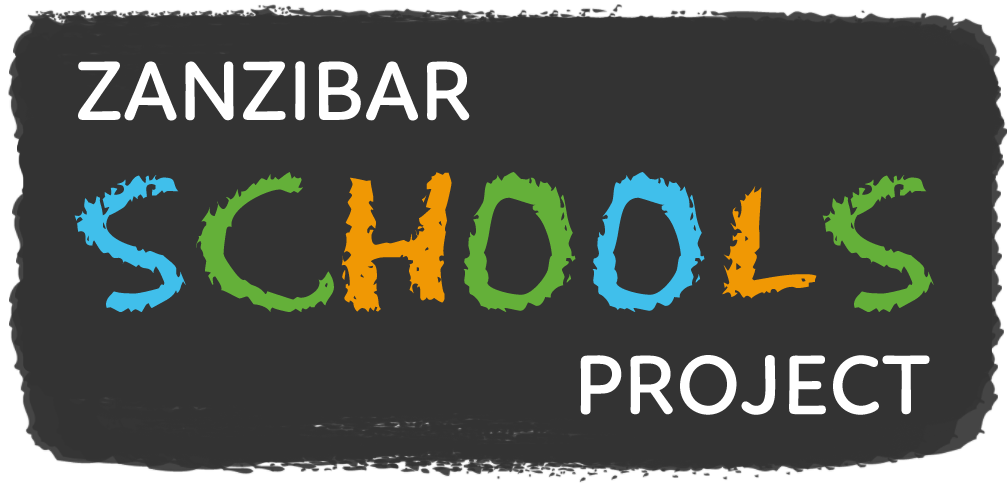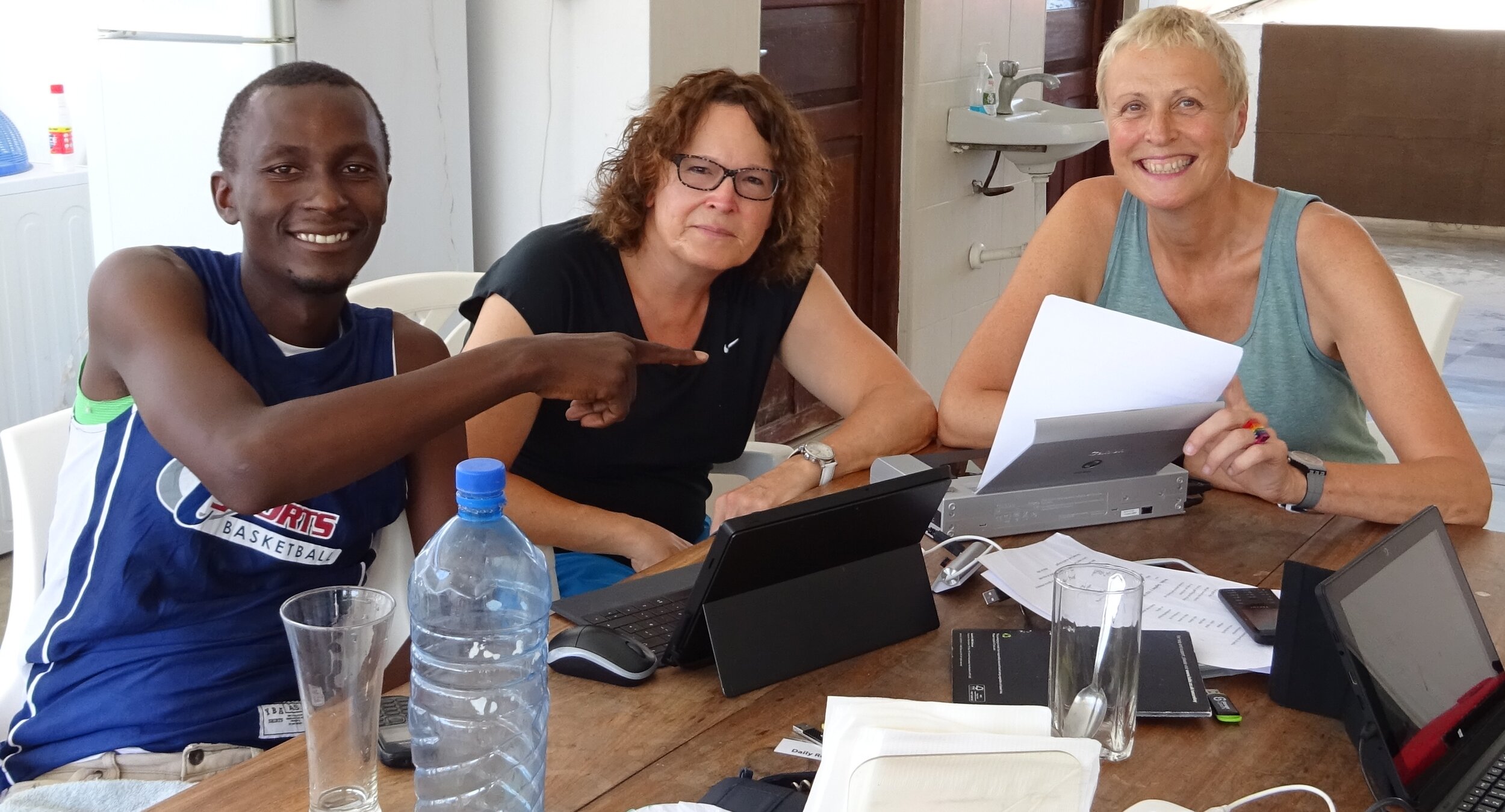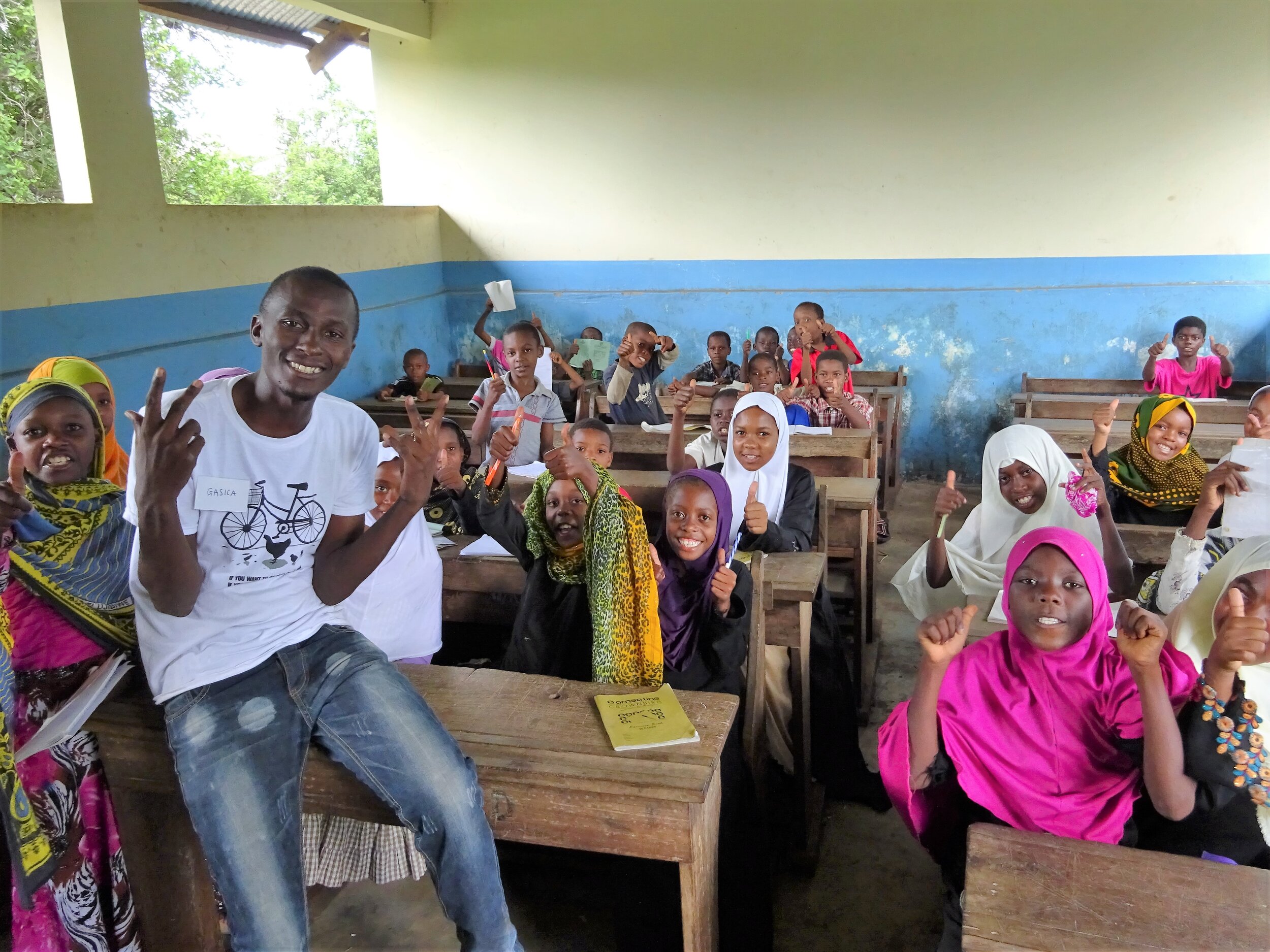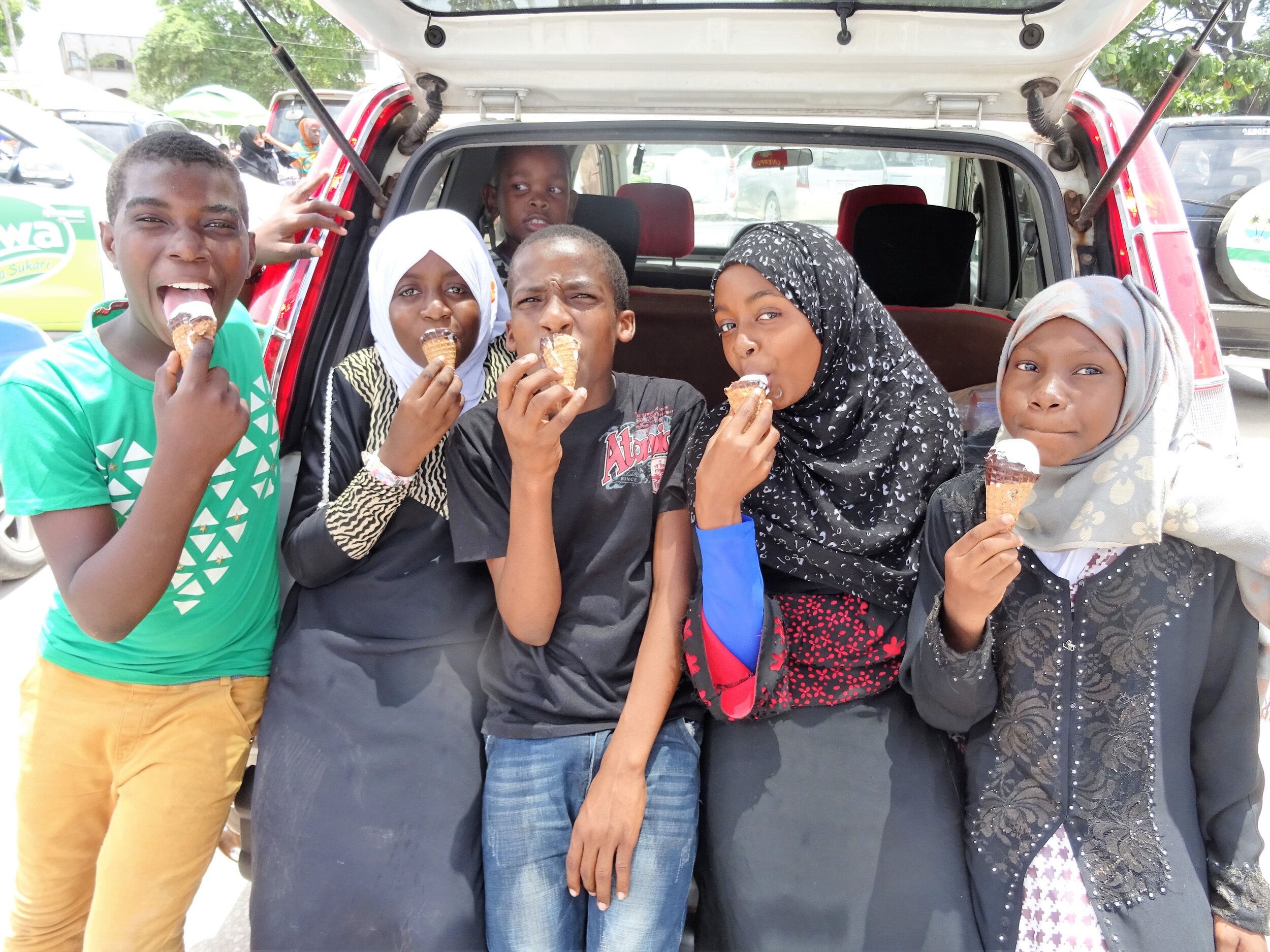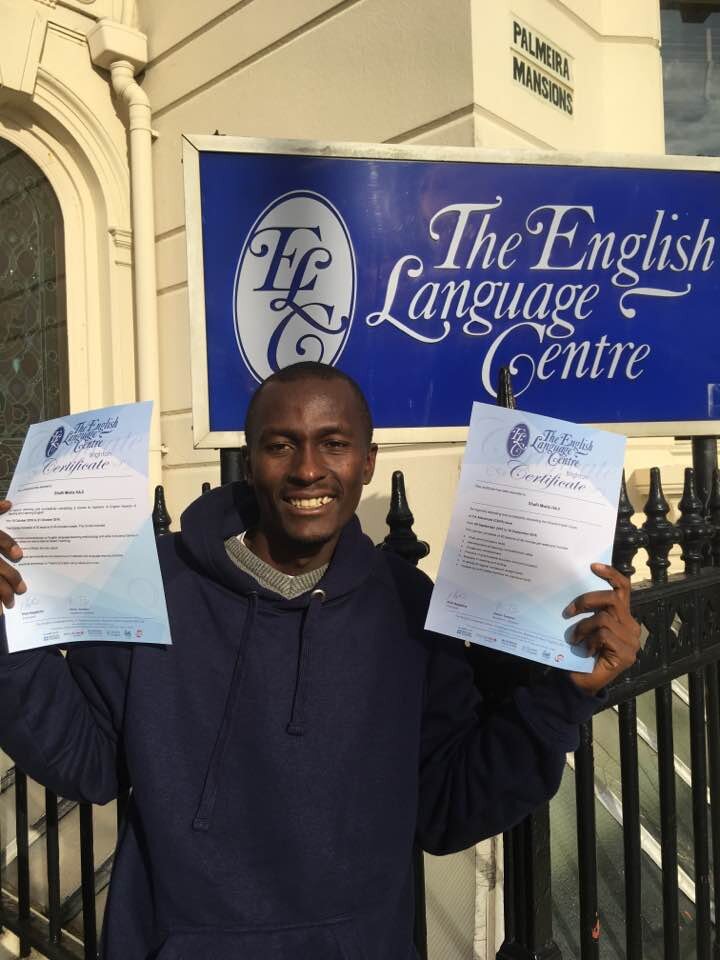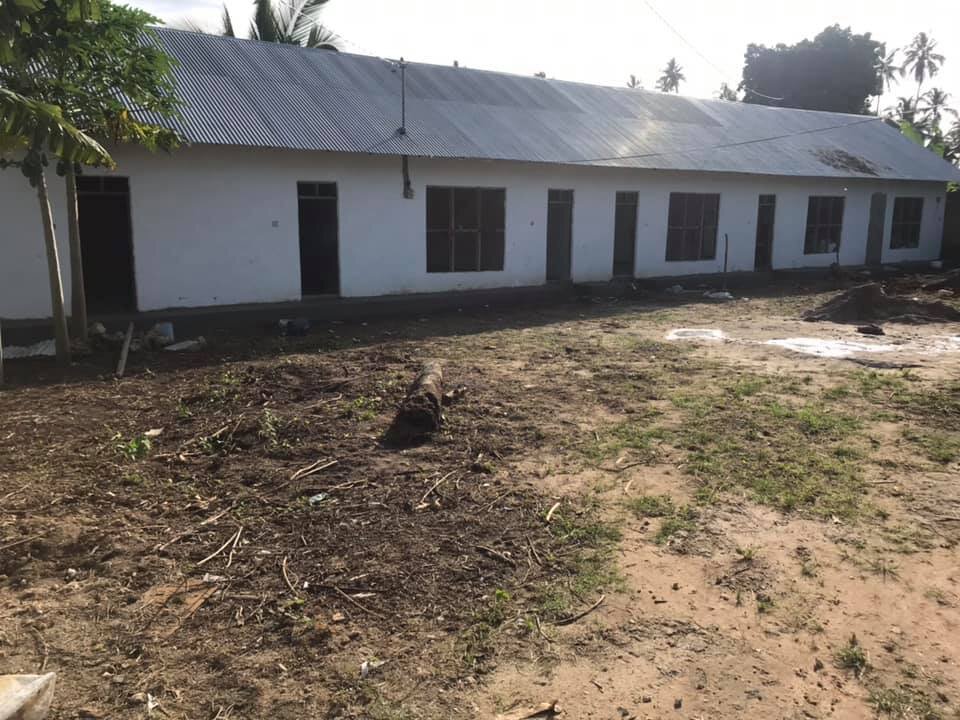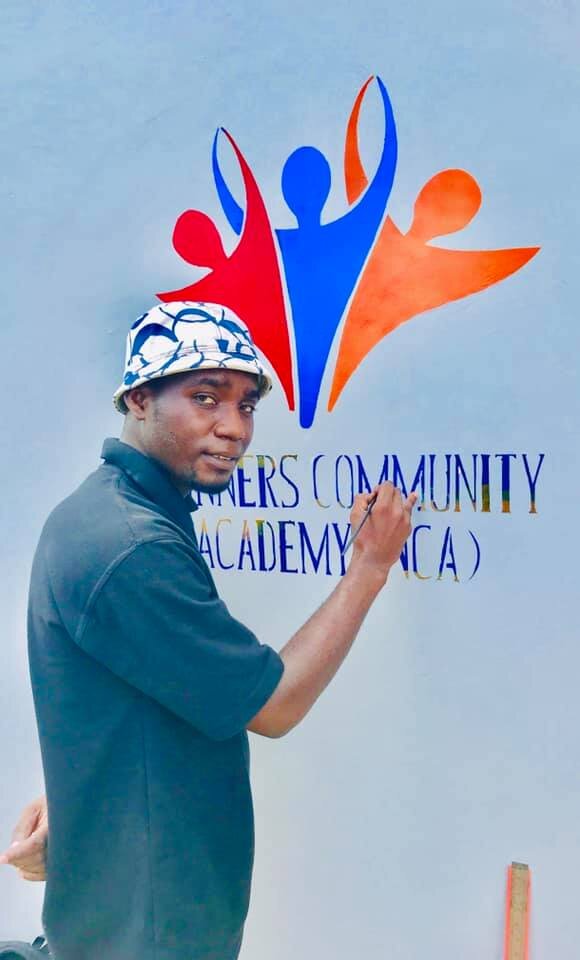For those of you with good memories, you’ll remember we started Zanzibar Schools Project in 2015, focusing on improving English language teaching in the small fishing village of Unguja Ukuu through an after school club, mostly helping students aged 11-13 who were in the final 2 years of the Primary School to prepare for their public exams. The local teachers said this was the biggest need as the school had very poor exam results compared with other schools around the island. Public exams are conducted in English and children fail due to poor language skills as their teachers are at best, lower intermediate level. Imagine learning Maths via the medium of English when neither you or your teacher can speak it! Teaching takes place in large classes and consists of rote learning backed up with corporal punishment. Of course, the logical approach would have been to improve the skills of the local teachers, but as we learnt, they have many other priorities in their lives and improving English was low on their “to do” lists.
Safari English Club was born and thanks to many outstanding volunteers as well as fund-raising from Rotary clubs in the UK, Zanzibar and other countries, we were able to keep a car on the road to take volunteers between accommodation in Stone Town and the village of Unguja Ukuu. We also had support from CoCo’s Foundation, funding school lunches to feed hungry students who stayed for after school classes. For the first time ever, the village school had some notable successes in the public exams and the older students worked hard at English so they would pass their exams and thus they could stay in school.
During our first week in Zanzibar, we met Gasica, a dynamic self-taught teacher who was running a successful after-school club in Fuoni, a residential area just outside Stone Town. Unlike the local teachers, Gasica is motivated, excellent at speaking English and dedicated to giving children and young people life chances. We sponsored him to attend further education courses in the UK and a management course in Arusha run by the Goodall Foundation. As a result, Gasica decided to build his own school and we’re delighted that in January 2020 his dream is going to come true (see “From Chicken Farm to Primary School” to see how he did it).
So, the start of 2020 finds us with both bad and good news. Sadly the car that’s ferried up to 3 children and 5 teachers at any one time has run out of steam. The sponsor for the school lunches can’t continue to support us and the volunteer teacher we’d hoped would be in Zanzibar this year isn’t well enough to travel. And, of course, Gasica will be focusing on his new community school. This has led us to reconsider our project in Zanzibar and to suspend the English classes in Unguja Ukuu in order to focus on Gasica and his new school.
Money donated by our friends at the Rotary Clubs in New Malden, Kiel and Amersfoort is being used to buy a photocopier and other office equipment to help set up the administrative side of the school community school.
But we’re still committed to the students from Unguja Ukuu who have worked so hard. We’re supporting 3 youngsters from the village to attend school in Stone Town and improve their English. These teenagers are from the original group that passed their exams, but their circumstances are such that without help they aren’t able to take advantage of the educational opportunities that they’d fought for. It looks like they’re on track to go to higher education, which costs approximately £850 for a 2-year course and we‘re saving money so we can help them on the next stage of their journeys. And you may remember that Salama is in her second year of business studies – she was one of the first students to come to our classes.
It’s hard to express just how much the achievements of these young people mean to the village. They‘re role models to younger students and when they’re older will support their families in the village. We‘ve committed to help any successful students from Standard VI that we‘ll fund school uniforms and text books (approx. £40 per student).
We‘d also like to support children from UU attending Gasica’s school – the cost for this is $600 per child, per year from the village ($300 if a local child in Fuoni). This includes transport and school uniform. If we pay $3,000 in school fees per year, Gasica will enrol 7 children from the Unguja Ukuu.
We’ll continue to run our Zanzibar Schools Project website and social media pages as a way to generate interest in Zanzibar. We will always give advice about visiting Zanzibar as volunteers and also direct people to help at the new Winners Community Academy.
And Caroline and I hope to visit Zanzibar in January 2020 to help in any way that we can with the new school and to reconnect with the amazing students from Unguja Ukuu who are growing up into such amazing young people. So thank you for all your support and stand by for more news about the Winners Community Academy over the next few months!
